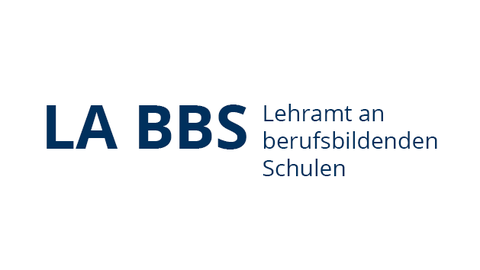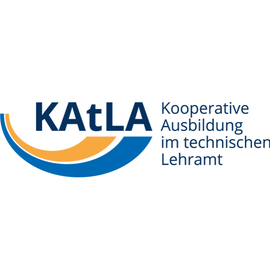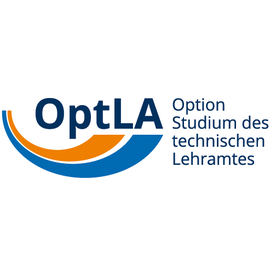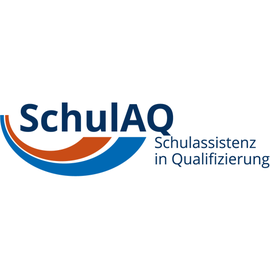FAQ become a vocational school teacher
The standard period of study for the teacher training course at vocational schools is 10 semesters, i.e. a total of 5 years.
Teacher Training - Vocational Schools in Saxony is completed with the first state examination. The title of "Berufspädagogin:Berufspädagogen" can also be acquired by defending the state examination thesis.
Teachers at vocational schools are urgently needed. There are opportunities for promotion from subject leader to head teacher. However, there are also opportunities to work, for example, in the areas of sales or training in industrial and trade companies or in the Ministry of Education and Cultural Affairs. Employment as a Research Associate at universities with the opportunity to work on research projects and complete a doctorate is also conceivable.
Yes, with a Techniker:innen/ Meister:innen degree, you automatically have a university entrance qualification and can therefore study any degree program, including Teacher Training - Vocational Schools.
The SchulAQ study option offers technicians and master craftsmen the possibility of a dual study option. In addition to studying Teacher Training - Vocational Schools, students are employed at a vocational school center in Saxony, where they have the opportunity to participate in everyday school life and assist in the classroom.
Teacher Training - Vocational Schools can be studied in Saxony at the TUD Dresden University of Technology. Since the winter semester 22/23, it has also been possible to first complete a Bachelor's degree in Engineering Education at three university locations in Saxony (Mittweida, Zwickau) and then complete the Teacher Training - Vocational Schools degree at TU Dresden for 4 semesters. The study option is called "OptLA - Option Studium Technischer Training - Vocational Schools".
The advantages of working as a teacher are
- regular working hours
- diverse career opportunities
- good salary (starting with TVL E13/ A13)
It is possible to have credits from master craftsman or technician training as well as from a university of applied sciences or university degree course credited.
- The extent of the crediting depends on the fit between the previous qualification and the content of the respective Teacher Training - Vocational Schools degree program.
- the academic advisors of the respective departments will be happy to support the credit transfer procedure at the beginning of the course
Example:
Ms. Meier with a degree as a state-certified technician in the Department of Mechatronics begins a degree course in metal and mechanical engineering with computer science as a second subject.
She receives full or partial recognition for 11 study modules with a total of 68 ECTS. The entire course comprises 300 ECTS, with modules amounting to 30 ECTS to be completed in each semester. The recognitions relate to the first subject Metal and Mechanical Engineering and also the supplementary area of the degree course.
- Construction technology
- Chemical Engineering
- Electrical engineering and information technology
- Food, nutrition and household science
- Color technology, interior design and surface technology
- Health and care
- Wood technology
- Metal and machine technology
- Social pedagogy
The Teacher Training - Vocational Schools degree program combines a subject from the first subject area and a subject from the second subject group (either a second subject or another subject area). Not all departments and subjects can be combined with each other.
- Current information is available here: https: //tu-dresden.de/studium/vor-dem-studium/studienangebot/sins/sins_studiengang?autoid=4871.
Various school internships take place as part of the Teacher Training - Vocational Schools degree program at TU Dresden.
A 4-week work placement is completed in the third semester. This is followed by the practical school exercises for both departments/subjects in the fifth semester, where the first teaching experiments are supervised. In the seventh semester, 4 weeks of school internships follow in both departments/subjects with a larger proportion of supervised teaching.




